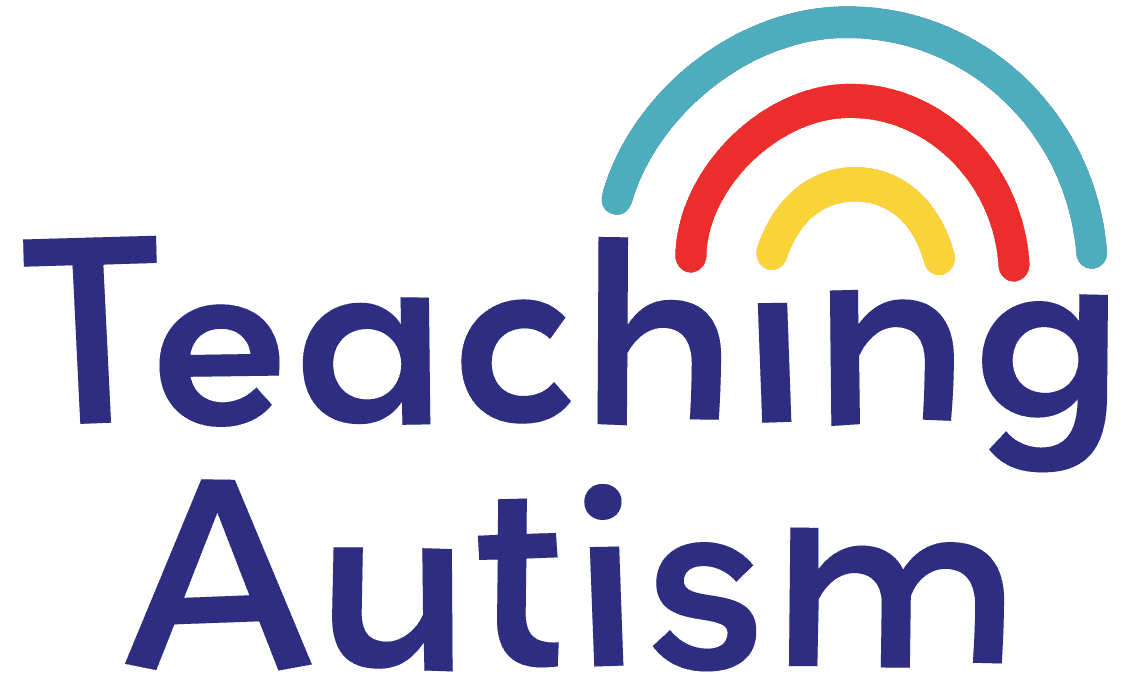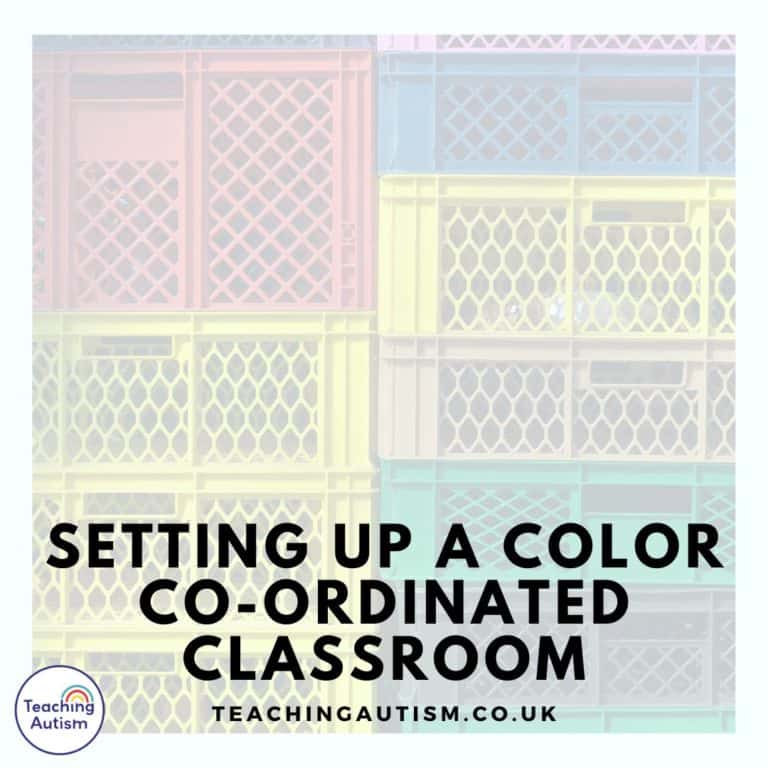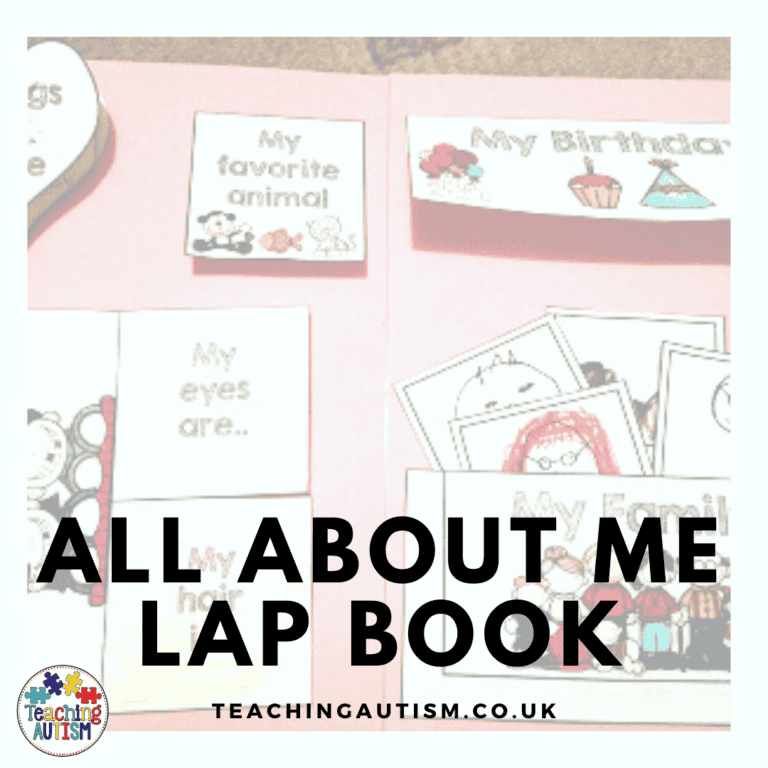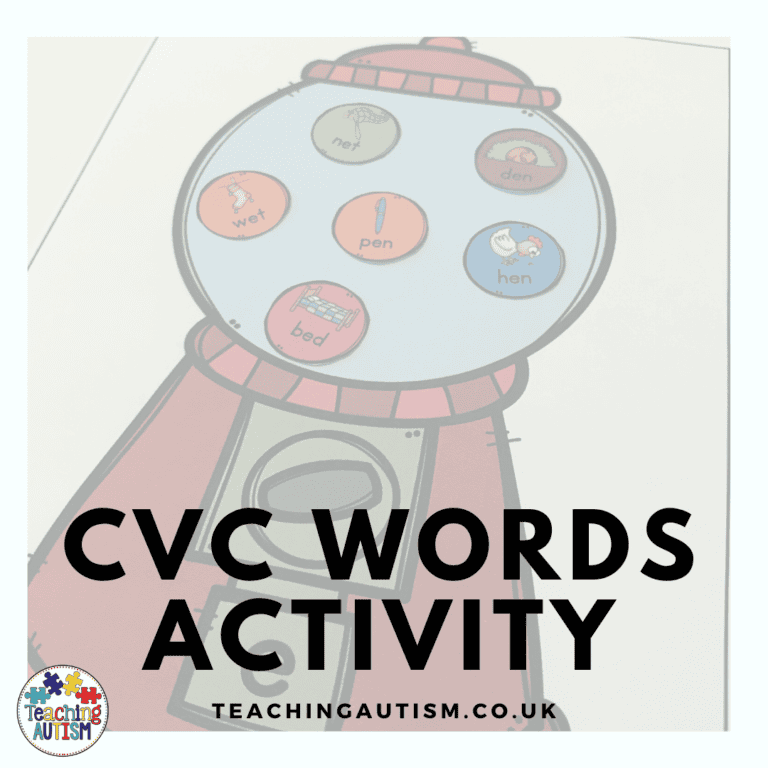Independent Learning in the Classroom
We are all looking for ways to ensure we are providing opportunities for independent learning in the classroom. If we are always doing things for our students, helping them and prompting them – we’re taking away their independent learning. They’re going to start to rely on us. And that’s something we want to avoid.
What is Independent Learning?
One of my favourite definitions for independent learning is “The ability to take charge of one’s learning.” – Holec (1981:3)
It is where we are able to provide our students the opportunities to make informed choices and to take responsibility for their own learning.
In order for independent learning to be successful, we need to ensure that our students are;
- motivated and
- feeling confident.
This will ensure that our students are able to make decisions and to act on them.
Why Should We Encourage Independent Learning?
There have been many studies that have gone into independent learning. And there has been a lot of evidence that shows a range of different benefits of independent learning;
- an improvement in performance
- motivation and confidence of students increased
- students had a greater awareness and understanding of their limitations and how to manage these
- it enables teachers to be able to provide differentiated work for students
- your students will have a boost in their interests for learning
- it allows your students to explore different areas of learning.
By providing opportunities for independent learning from a young age, this helps our students to carry it through their life. Which will help them to make positive decisions about their learning when they’re older.
How Can I Encourage Independent Learning?
- Teach students that failure is an important part of the learning process. Many students will fear become independent because they’re scared of failing. It’s important for us to help promote growth mindset and to encourage our students that failure is an important part of the learning process.
- Praise your students. By praising you students efforts and their persistence, you’ll make them feel good about themselves and their work.
- Try to minimise the amount of input you give. Instead of giving whole-class instruction, print out the instructions and give these to students to read together. Giving them the opportunity to read the instructions.
- Talk to your students about independence. What is independence? Why is it important for them to be independent? How can they be independent? You can use this as a group opportunity to make displays for your classroom about independence.
- Encourage time for reflection at the end of each lesson or day. Talk to them about their independent work. How did they find it? What did they struggle with? What can they do differently next time?
- Take time to train your students thinking and problem-solving. By helping to train them with these important techniques, you’ll help promote their independent skills.
Example of Independent Learning
Task: Create and set up a food stall at the local carnival fete.
What students need to do: Be split up into groups. Students are given time to research the types of food stalls they could have at the fete. What stall will they have? And what food will they sell? Who will run the stall? And who will walk around the carnival advertising? Who will take the opportunity to visit other stalls and learn from them?
Students need to take each of their areas of responsibility seriously. They should be researching and taking notes. Then, take time to share these with other members of the team.
This type of lesson will give your students a huge amount of independent learning. Students will each take charge of their own roles – but first, they have to decide who’s taking those roles. Why should they get those roles? And everyone needs to contribute something to the team in order for their food stall to be a success.
Another one of our favourite activities to use for independent learning is our Humpty Dumpty crime scene investigation pack, which you can find here.
Do you use independent learning in your classroom? What type of activities do you enjoy doing with your students? Let us know in the comments below!
If you found this blog post about independent learning helpful, please consider sharing it with your friends and colleagues on social media. Don’t forget to join our Facebook support group here.









